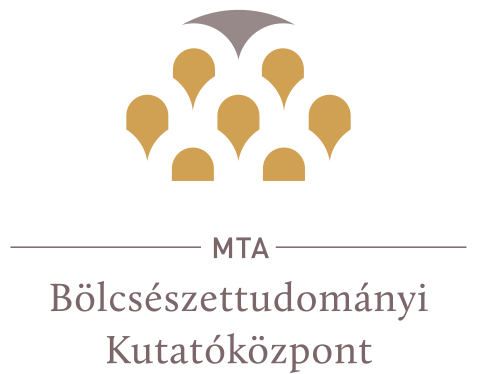Hírek
International Committee of Historical Sciences Poznań 2020
The International Committee of Historical Sciences (ICHS) is the association of historians from all over the world. It was established as a non-governmental organization in Geneve in 1926. It is composed of national committees (now 54), international organizations devoted to research in all areas of historical study (now 31) and affiliated commissions (now 8).
The main task of the Committee is to organize every five years the International Congresses of Historical Sciences in various parts of the world. On August 29, 2015, at the XXII International Congress of Historical Studies in Jinan (China), the General Assembly of ICHS elected Poznan for the host of the XXIII Congress in 2020. So far, in Poland, the congress was held only once, in 1933 in Warsaw.
Stepfamilies: the Making and Remaking of Families over Five Centuries (16th-20th Centuries)
Thursday, 27 August 2020, 9:00-12:30
Organizers: Gabriella Erdélyi, Lyndan Warner
Children in the past faced the continual threat of the loss of a parent before they reached adulthood – whether through the childbed death of a mother or from the sporadic threats of famine, war, and epidemic. To secure the upbringing of children, for economic survival, and to ensure family continuity many widowed parents sought to rebuild the broken family by remarriage. As a result, stepfamilies, in which siblings, half-siblings and stepsiblings lived together with parents and stepparents, were just as (if not more) common in the past as they are today. This specialized theme session examines the various forms and functions of stepfamilies and how stepfamilies evolved and survived from the 1500s to the 1900s. We propose to address questions related to 1) kinship networks and inheritance strategies. 2) the roles of stepparents and gendered structures of remarriage. 3) sibling relations 4) intergenerational relations 5) the dynamic of practices and representations. By making the stepfamily and its evolution over time the subject of analysis, the session aims to go beyond the historical accounts based on simplistic binary frames (such as the conjugal vs. extended, the emotionless and patriarchal vs. the sentimental, Western and Eastern European families) and convey instead the multivalent forms of preindustrial family dynamics found in stepfamilies and blended families.
Introduction: Lyndan Warner, Saint Mary’s University, Halifax, Canada
Michaela Malanikova, Palacký University Olomouc, Czech Republic: How to save a soul and not to disappoint a family: Stepfamilies in 15th and 16th century Moravia
Bonnie Clementsson:Changing patterns of hierarchy within Swedish stepfamilies in the late 1700s
Peter Őri, Hungarian Demographic Research Institute, Hungary: Infant and child mortality in 18-19th century Hungary from a micro perspective: children and stepchildren, a comparative analysis
Alice Velková, Charles University, Prague, Czech Republic (Petr Tureček, co-author): The influence of parental death on child mortality and the phenomenon of the stepfamily in western Bohemia in 1708-1834
Barbara Alpern Engel, University of Colorado, Boulder, USA: Conflict and cooperation in Russian peasant step-families in the decade after Emancipation
Dr Claudia Jarzebowski, Free University, Berlin, Germany: “With no direction home” Family dynamics in 17th and 18th century world–families
Summary: Gabriella Erdélyi, Institute of History, Hungarian Academy of Sciences, Budapest, Hungary


